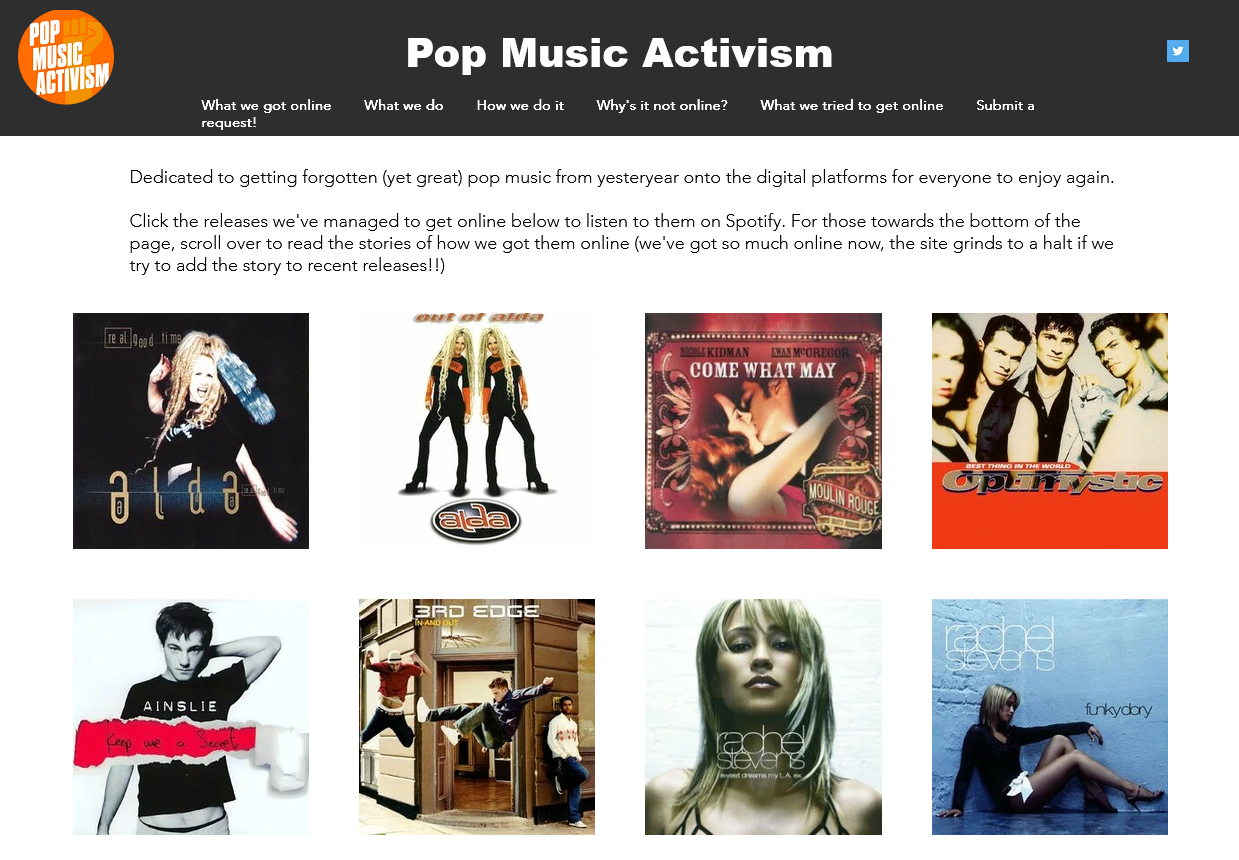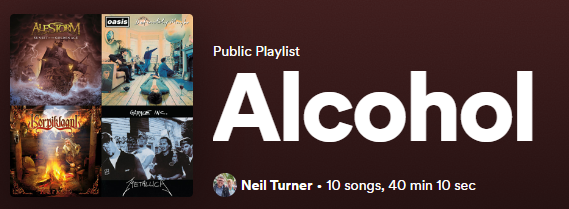Okay, so we’re in 2024 now, but I’m taking inspiration from Diamond Geezer‘s Summing Up 2023 blog post to post some statistics on things that I’ve done during 2023.
Countries and counties visited
In 2023, I’ve visited two countries: England, obviously, and France.
Over the course of the year, I have spent at least some time in the following English counties:
- West Yorkshire
- North Yorkshire
- South Yorkshire
- Lincolnshire
- Greater Manchester
- Lancashire
- Cheshire
- Leicestershire
- Northamptonshire
- Norfolk
- Hertfordshire
- Surrey
- Hampshire
This doesn’t include any counties that I have passed through without stopping.
Most distant points
The furthest compass points I have been to are:
- Furthest North: RHS Harlow Carr, near Harrogate, North Yorkshire
- Furthest South: Futuroscope, near Poitiers, France
- Furthest East: Great Yarmouth, Norfolk
- Furthest West: Chester Zoo, Cheshire
I think it’s fair to say that I didn’t go very far north in 2023. We will be going further north this year, but are unlikely to go as far south as we don’t have an international holiday planned.
Methods of transport used
I have driven quite a bit this year. As my car’s MOT is due each autumn, I can only estimate the mileage, but I reckon it’s around 10,000 miles over the course of the year. Quite a bit of that was in France.
Train travel has been almost exclusively to and from work – indeed, I’ve only visited four railway stations this year, and every train has been a diesel-powered train. This includes the one heritage railway that I’ve been on, which was the short remaining section of the Derwent Valley Light Railway at Murton Park, near York.
I’ve been on two trams in Manchester, and a few buses, both locally and in Leeds and York. Plus, ferries for getting to and from France. I have not been on an aeroplane since 2015.
Music listened to
My full 2023 last.fm stats are not yet available, but over the year I have scrobbled 13,194 tracks – just 254 less than in 2022. That’s an average of 36 songs per day. Assuming each song is an average of 3 minutes, that’s 39,582 minutes over the year, or 659.7 hours or around 27.5 days. In other words, I spent almost a month listening to music last year.
Whilst I don’t exclusively listen to music on Spotify, on there, pop was my top genre, following by trance, rock, pop dance and Europop this year, according to my Spotify Wrapped. My most-listened to song was ‘Shut Up and Dance’ by Walk The Moon, which I listened to 12 times. To be fair, it is a good song.
Unsurprisingly, Within Temptation was my top artist – I own six of their albums and I’ve seen them live twice.
Books read and listened to
As mentioned in my favourite things of 2023, I read 93 books this year, which adds up to over 20,000 pages according to My Goodreads Year In Books. The shortest book I read was ‘How I Proposed to my Wife: An Alien Sex Story’ by John Scalzi (sponsored link), which was 26 pages long, and the longest was ‘What Just Happened?!’ by Marina Hyde (sponsored link). The printed edition is 472 pages, although I listened to the audiobook instead which is 17 hours long. Not the longest audiobook I’ve ever listened to (that was ‘American Gods’ by Neil Gaiman – sponsored link), but certainly one of the longer ones. Overall, the average length of the books I read was 220 pages.
Beers and ciders consumed
I log the beers and ciders that I drink using Untappd, and this year I consumed 35 such drinks (a decrease from 58 in 2022). Of those, 13 were from Brewdog, which may have something to do with what I got for Christmas in 2021. Several of these were non-alcoholic beers and ciders.
Steps taken
I’ve had my Fitbit Versa 3 on my wrist almost all of the time this year, and have taken a total of 3,695,427 steps – an average of just over 10,000 per day. It also estimates that I have climbed 11347 floors, walked 2,717.1 km and burned 1,079,223 calories through exercise.
Time spent learning French
I started Duolingo’s French course on the 1st January 2022 (so I have a two year streak now), and in 2023, I spent 4,947 minutes learning – that’s 82 hours or an average of 13.5 minutes per day. I also learned 4657 new words in French last year. I’m aiming to complete the French course, which will probably see me well into 2025.
So that’s 2023 quantified. I’m sure I could offer more stats, like photos taken, podcasts listened to etc. if I tracked these throughout the year. As it is, I’m relying on various web services that track data for me that I can refer back to. I wonder how 2024 will compare?








